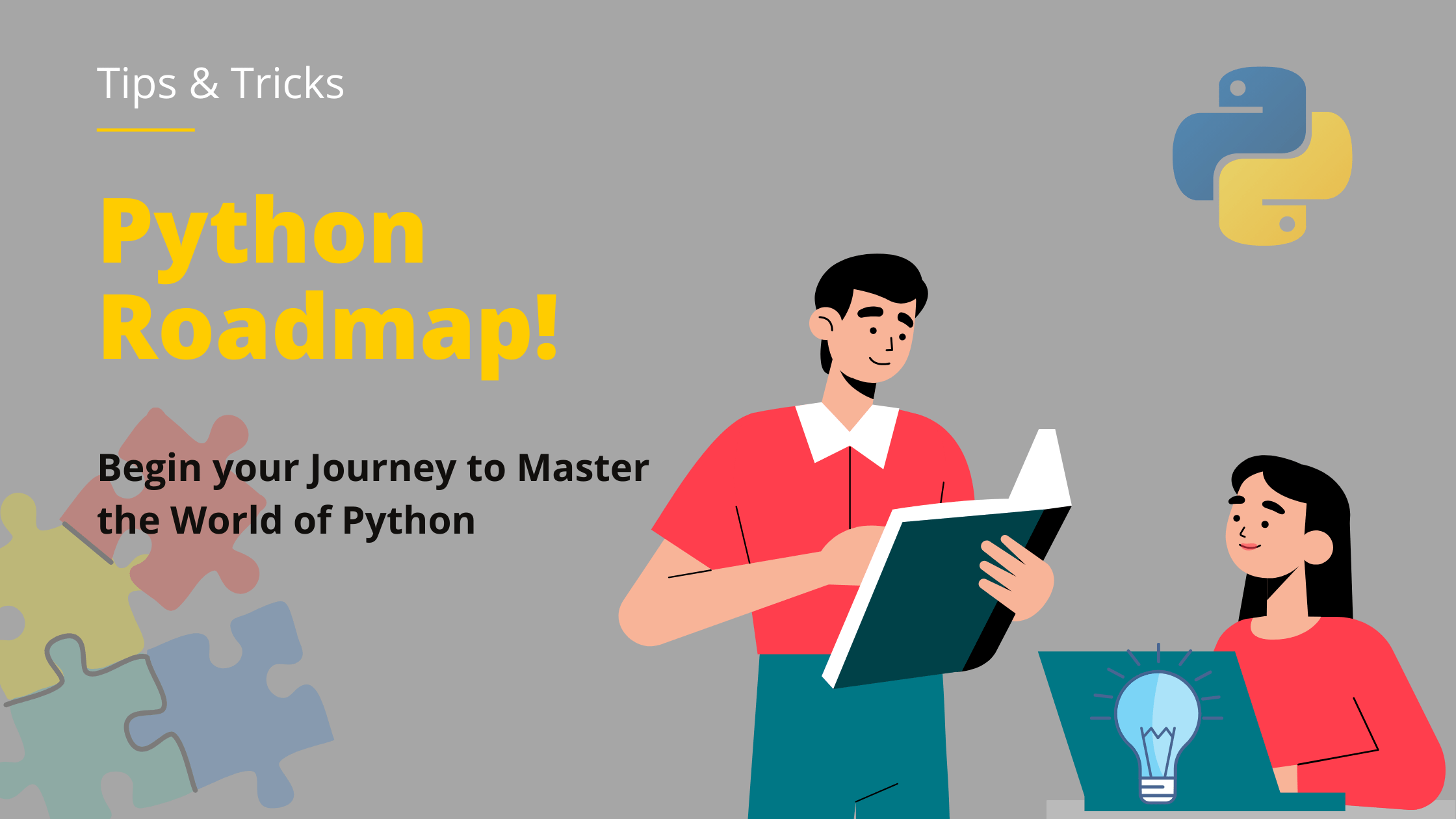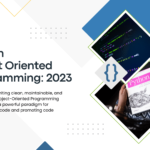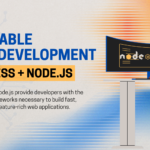Python has become one of the most popular programming languages in recent years, attracting developers from various backgrounds. Whether you’re a seasoned programmer or just starting out, becoming an expert in Python can open up a world of opportunities.
In this article, we will delve into the steps and insights you need to follow to become an expert Python programmer. We will cover everything from mastering the basics to advanced concepts, and provide practical tips and resources along the way.
Mastering the Fundamentals
Getting Started with Python
To begin your journey towards becoming a Python expert, it’s essential to have a solid understanding of the basics. Start by installing Python on your system and familiarize yourself with the Python interpreter and interactive shell. The official Python website (python.org) is a great resource for getting started. Once you have Python set up, explore the syntax, data types, variables, and control structures. Practice writing simple programs and get comfortable with the fundamentals.
# Hello, Python!
print("Hello, Python 8.0!")
# Variables and Types
name = "Austin"
age = 18
height = 5.11
# Displaying Information
print("Name:", name)
print("Age:", age)
print("Height:", height)
Understanding Python Data Structures
Python offers a variety of built-in data structures such as lists, tuples, sets, and dictionaries. These data structures allow you to store and manipulate data efficiently. Familiarize yourself with each data structure and understand their characteristics and use cases.
Practice working with different data structures and explore their methods and operations. This knowledge will be crucial as you progress toward more complex programming tasks.
# Lists
fruits = ["apple", "banana", "cherry"]
print("💓Fruits:", fruits)
# Dictionaries
person = {"name": "Austin", "age": 18, "city": "Delhi"}
print("👤Profile:", person)
# Tuples
coordinates = (11.385, 42.238)
print("📍Coordinates:", coordinates)
Control Flow and Decision Making
Control flow statements, such as if-statements, for-loops, and while-loops, allow you to make decisions and repeat actions based on specific conditions. Learn how to use these control flow statements effectively to control the flow of your program.
Practice writing code that utilizes if-statements, for-loops, and while-loops to solve different problems. Understanding control flow will enable you to write more dynamic and efficient Python programs.
# If-Else Statement
x = 10
if x > 0:
print("Positive Number")
else:
print("Negative Number")
# For Loop
for city in cities:
print("City Name:", city)
# While Loop
counter = 0
while counter < 5:
print("Counter No.:", counter)
counter += 1
Functions and Modular Code
Functions in Python are reusable blocks of code that perform specific tasks. They allow you to break down your program into smaller, manageable pieces, making your code more organized and maintainable. Learn how to define and call functions, pass arguments, and return values.
Explore the concept of modular programming and how it can enhance code reusability. Practice writing your own functions and use built-in Python functions to solve different problems.
# Function Definition
def greetings(name):
return "Hello, " + name + "!"
# Function Call
message = greetings("Austin Buzzcoder")
print(message)
# Modular Code (Importing)
import math
# Using Imported Module
radius = 10
area = math.pi * radius**2
print("Circle Area:", area)
Error Handling and Debugging
As a Python programmer, you will encounter errors and exceptions in your code. Understanding how to handle these errors and exceptions is crucial for writing robust and error-free programs. Learn about the try/except blocks and how they can be used to catch and handle exceptions gracefully.
Practice debugging techniques such as printing helpful error messages and using tools like the Python debugger (pdb). Effective error handling and debugging skills will make you a more proficient Python programmer.
# Try-Except Block
try:
result = 12 / 0
except ZeroDivisionError:
print("Error: Division by Zero")
# Debugging (Using print statements)
value = 42
print("Value:", value)
# ... (more code)
print("End of Program")
Intermediate Python Concepts 🏆
Python Libraries and Modules
Python’s extensive ecosystem of libraries and modules is one of its greatest strengths. Libraries like NumPy, pandas, and matplotlib provide powerful tools for data manipulation, analysis, and visualization. Familiarize yourself with these commonly used libraries and understand how to import and utilize them in your projects.
Explore the documentation and examples provided by these libraries to gain a deeper understanding of their functionalities.
Object-Oriented Programming (OOP) in Python
Python supports object-oriented programming, a programming paradigm that allows you to structure your code around objects and classes. Gain a solid understanding of OOP concepts such as classes, objects, inheritance, and polymorphism.
Learn how to define your own classes and create objects from them. Practice implementing OOP principles in your code to improve code organization and reusability.
Advanced Data Structures and Algorithms
To become an expert Python programmer, it’s essential to have a good grasp of advanced data structures and algorithms. Understand concepts like linked lists, stacks, queues, trees, and graphs. Learn about different sorting and searching algorithms and their time and space complexities.
Practice implementing these data structures and algorithms in Python to solve various problems. This knowledge will enable you to write efficient and optimized code.
Database Integration with Python
As a Python programmer, you will often need to work with databases to store and retrieve data. Familiarize yourself with database concepts and learn how to interact with databases using Python. Explore database management systems like MySQL, SQLite, or PostgreSQL and understand how to establish connections, execute queries, and handle data using Python’s database API (Python DB-API).
Practice writing code that integrates Python with databases to build robust and scalable applications.
Web Development with Python
Python is widely used in web development, with frameworks like Django and Flask offering powerful tools for building web applications. Gain a basic understanding of web development concepts, including HTTP, HTML, CSS, and JavaScript. Learn how to use Python frameworks to create web applications with user authentication, database integration, and dynamic content.
Practice building simple web applications using Python to enhance your web development skills.
Learning by Doing 🏫
Personal Projects and Experiments
One of the most effective ways to become an expert Python programmer is by applying your knowledge to real-world projects. Take on personal projects that challenge you and allow you to explore different aspects of Python programming.
This could range from building a command-line tool, developing a web application, or creating a data analysis pipeline. By working on hands-on projects, you will gain valuable experience and reinforce your learning.
Open Source Contributions
Contributing to open-source projects is not only a great way to give back to the community but also an excellent opportunity to enhance your Python skills. Explore popular open-source projects on platforms like GitHub and find areas where you can make meaningful contributions.
By working collaboratively with other developers, you will learn from their expertise and gain insights into best coding practices. Open-source contributions will also showcase your skills to potential employers and establish your credibility as a Python programmer.
Continuous Learning and Growth
Python is a dynamic programming language, with new features, libraries, and frameworks being introduced regularly. To stay at the forefront of Python programming, it’s crucial to continuously learn and grow your knowledge.
Stay updated with the latest trends and advancements in Python by following reputable blogs, attending conferences, and participating in online communities. Engage in discussions with fellow Python programmers and share your knowledge to solidify your understanding.
Building a Portfolio of Projects
Showcasing Your Expertise
As you progress in your journey to becoming an expert Python programmer, it’s essential to build a portfolio of projects that showcase your skills and expertise. Include a diverse range of projects that highlight different aspects of your Python programming abilities. This could include data analysis projects, web applications, automation scripts, or machine learning models. Your portfolio will serve as tangible evidence of your capabilities and will make you stand out to potential employers or clients.
Creating a User Profile CLI Tool
As an example of an expert Python script, let’s create a command-line interface (CLI) tool to create a user profile. This tool will take user input for their name, age, and location, and store it in a database. It will also provide options to retrieve and update user information. By developing this CLI tool, you will demonstrate your proficiency in database integration, command-line interfaces, and data manipulation with Python.
import sqlite3
def create_user_profile():
name = input("Enter your name: ")
age = input("Enter your age: ")
location = input("Enter your location: ")
# Connect to the database
conn = sqlite3.connect("user_profiles.db")
cursor = conn.cursor()
# Create the user_profiles table if it doesn't exist
cursor.execute("CREATE TABLE IF NOT EXISTS user_profiles (name TEXT, age INTEGER, location TEXT)")
# Insert the user profile into the table
cursor.execute("INSERT INTO user_profiles VALUES (?, ?, ?)", (name, age, location))
# Commit the changes and close the connection
conn.commit()
conn.close()
print("User profile created successfully!")
def main():
print("Welcome to the User Profile CLI Tool!")
create_user_profile()
if __name__ == "__main__":
main()
This script uses the SQLite database to store the user profiles. It prompts the user to enter their name, age, and location, and inserts the data into the user_profiles table. The script demonstrates the use of database operations and user input handling in Python.
Conclusion
Becoming an expert Python programmer requires dedication, continuous learning, and hands-on experience. By mastering the fundamentals, exploring advanced concepts, and working on real-world projects, you can elevate your Python skills to an expert level.
Remember to stay curious, engage with the community, and always strive for self-improvement. With determination and practice, you can become a proficient and sought-after Python programmer.
So, start your journey today and unlock the countless possibilities that Python has to offer!
Happy learning!






